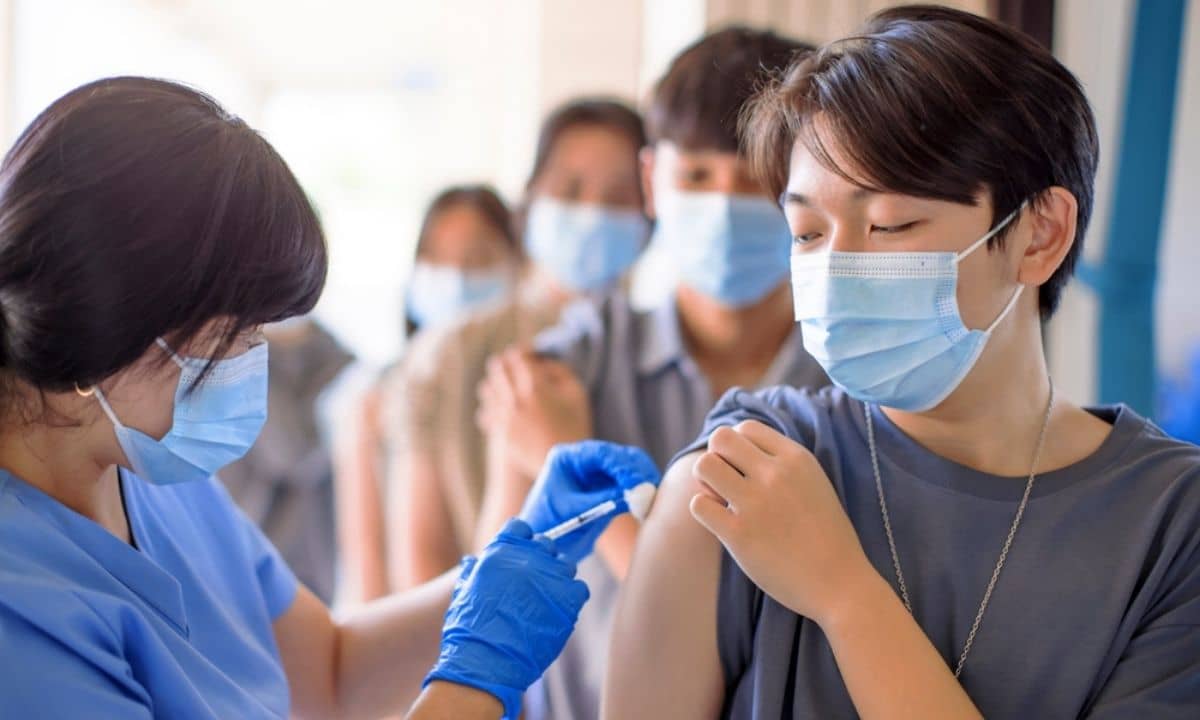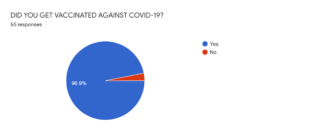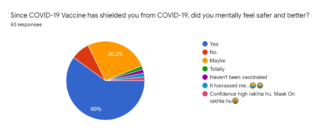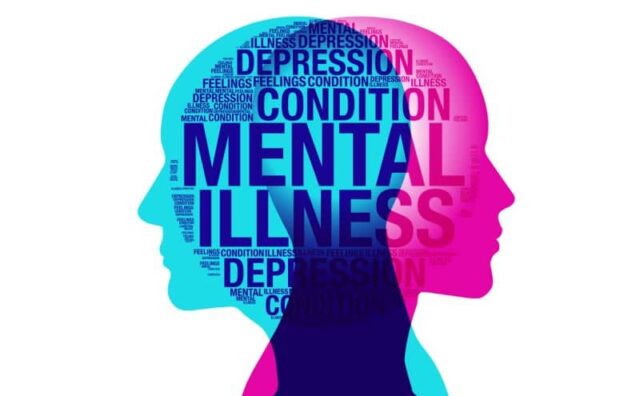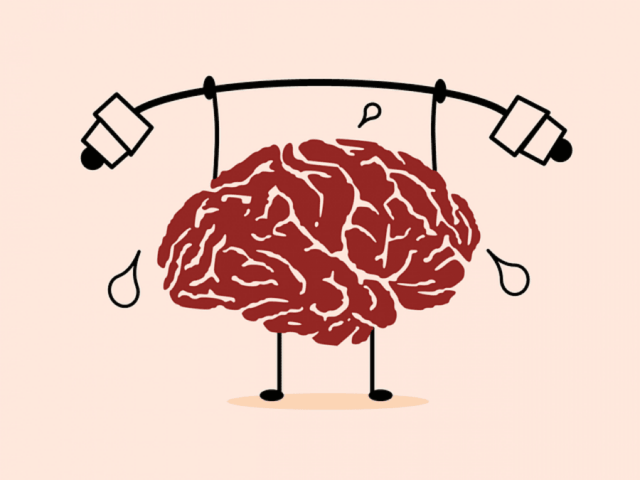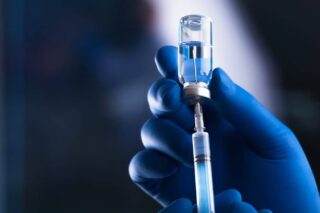The outbreak of the coronavirus has not only harmed the physical health of millions of people worldwide but has also resulted in mental breakdown and despair among individuals from all walks of life.
And, in the midst of a worldwide pandemic, it is just as essential to examine our mental health as it is our physical health. And, because mental health has become a key worry for the majority of our country’s youth, it is vital to link mental health to the COVID-19 vaccinations in order to demonstrate that maintaining mental well-being is as important as getting jabbed. And as far as we young Indians are concerned, this research blog impacts way more than just addressing mental health. It’s a small yet effective push for the youth to get vaccinated and relieved.
I also conducted a “Mental Health survey post-vaccination,” in which more than 60 participants mostly between the ages of 18 and 25 filled a Google form in which I asked them how much better they felt after getting vaccinated against COVID-19. And the results were just jaw-dropping! Out of 65 people, 96.9% of the people got vaccinated.
Out of 65 people, 60% felt significantly better, 7.7% felt nothing, 26.2 % were unsure about their mental health, and the remaining did not get vaccinated. My study demonstrates that, in addition to protecting them from COVID-19, the majority of patients got benefitted mentally from the vaccination.
In order to know more about the relationship between mental health and COVID-19, I went through various articles on the internet and found that researchers from the University of Southern California also had the same findings. When they started this trial, they predicted that people who had been vaccinated against COVID-19 would have less mental discomfort. According to the reports of the study, they were right.
Recent research done in the United States, however, discovered that COVID-19 vaccines have the potential to enhance people’s mental health. The study, conducted by experts at the University of Southern California, discovered remarkable changes in the mental health of those who received the first dose of the COVID-19 vaccine.
While the predicted medical advantages of the vaccination are apparent, such as protection from infection, life-threatening symptoms, and hospitalization, the following mental health benefits like a decrease in mental distress, anxiety, and headaches.
According to the research, those who were vaccinated between December 2020 and March 2021 reported improvement in mental levels in evaluations performed after getting the first dosage. Let us know more about the research in detail.
Study Details:
The study, which was published in the journal PLOS One, compared the mental health of persons who have been vaccinated against COVID-19 and those who have not been vaccinated.
- During the pandemic, about 8,000 adult inhabitants of the United States were studied for a year, from March 2020 to March 2021.
- The study followed individuals’ mental health before vaccinations were made accessible to them. And then looked for changes after vaccines were made available.
The researchers asked study participants a standard set of four questions known as the Patient Health Questionnaire-4 or PHQ-4 to assess depression and anxiety levels.
Results:
According to the research, the COVID-19 vaccination does more than only preserve your physical health; it also has substantial mental health advantages.
Among the approximately 100 million persons immunized between December 2020 and March 2021:
- Approximately 1 million people recover from minor mental discomfort.
- Approximately 700,000 people were no longer enduring severe mental anguish.
Also Read: FlippED: COVID-19 Vaccines Should Be Mandated For The Eligible
“People who got vaccinated experienced a reduction in mental distress, suggesting that the relief of reduced health risk translates into a reduction in stress,” said lead researcher Francisco Perez-Arce, a Washington, D.C.-based economist with the University of Southern California Center for Economic and Social Research.
“The results here should be interpreted as the short-term direct effects of getting a first vaccine dose. The overall contribution of vaccine uptake on improving mental health outcomes is potentially much larger, as it affects not only those vaccinated but also the unvaccinated,” the study reads.
It is essential to note, however, that the vaccine-induced comfort reported in this research was among those who were at higher risk of developing COVID or succumbing to major disease or death.
Conclusion:
My research focused on the immediate short-term mental health effects of receiving the first dose of the COVID-19 vaccine which has come out to be positive! For most of the people of my age, becoming vaccinated has a far bigger favorable influence not just on the one who has been vaccinated but also on other individuals in their acquaintance.
I also observed that people who got vaccinated experienced a reduction in mental distress, suggesting that the relief of reduced health risk translates into a reduction in stress. It’s rather true because people’s mental health improves when they become less concerned about becoming infected, become more socially engaged, and pursue new job options to the greatest extent of their abilities.
Were you ever aware of the mental benefits of COVID-19 vaccine shots before? What are some underrated benefits of the vaccine apart from preventing us from COVID-19? Let us know in the comment section below.
Image Credits: Google Images
Sources: Financial Express; Indian Express; University of Southern California
Find The Blogger: @chiinniiiii
This post is tagged under: COVID; COVID-19; Corona Virus; Corona; India; Indians; Mental Health; World; Global pandemic; Mental illness; depression; anxiety; stress; mental disorder; Covid health; physical health; mental health; fitness; Global epidemic; COVID-19 pandemic; research; research blog; experts; researcher; expert; reports; surveys; study; University of Southern California; USC
Other Recommendations:
From Polio To COVID Vaccine: How India Went From Getting Aid To Giving Aid


























